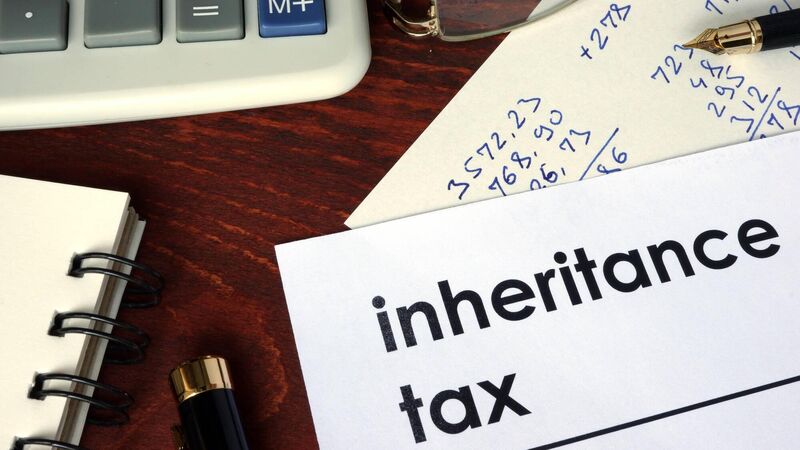'Mum and dad would be turning in their graves': Campaign highlights 'discrimination' from Ireland's inheritance tax rules

A campaign to change Ireland’s “discriminatory” inheritance tax rules says a legal challenge could be taken if the Government does not equalise inheritance laws for childless citizens.
A Corkman leading a campaign to change Ireland’s “discriminatory” inheritance tax rules says a legal challenge could be taken if the Government does not equalise inheritance laws for childless citizens.
James Sexton, a teacher from Model Farm Road in Cork, is part of a group called End Discrimination In Inheritance Tax (Edit). The group's campaign says current tax rules are unfair, outdated, and hurting citizens without children. Edit has made a pre-budget submission to Government and also made a pre-budget presentation to Oireachtas members on the issue, at the invitation of Fianna Fáil TD Catherine Ardagh.











